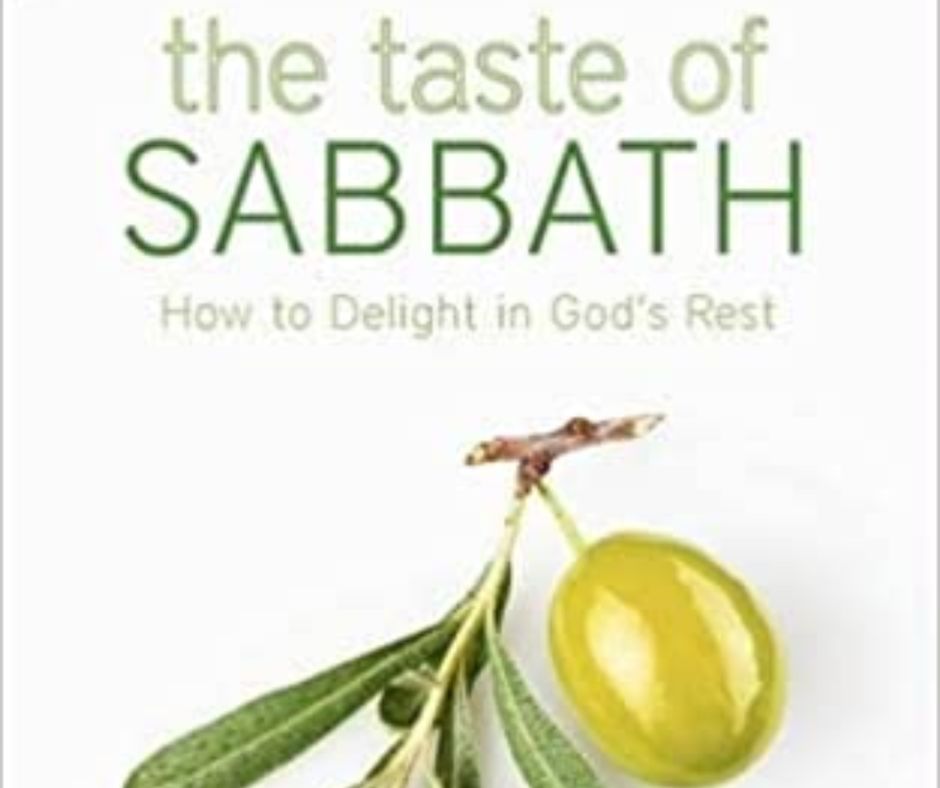Podcast: Play in new window | Download (Duration: 33:45 — 21.5MB)
Subscribe: Apple Podcasts | RSS
The Lord’s Day carries remarkable continuity with the Sabbath. Consider it this way: the Sabbath was a creation ordinance to indicate the rest God had when he completed his labors. When God made man and woman, he said it was very good. So he brought to life new flesh, bearing his image.
When the Lord’s Day, or the first day of the week, comes to life in the New Covenant, it also carries the promise of rest. There, God raised Jesus from the dead promising rest for all humanity. The new humanity will find rest in the true Sabbath.
The Sabbath indicated God’s rest when he made the first man. The Lord’s Day indicates God’s rest in raising the true Man. “The Sabbath is made for man not man for the Sabbath” is God’s way of saying, “We are united to the true man when we gather to worship him.”
That bit of theologizing may seem fine and dandy in the manual, but what about the nature of the Lord’s Day? How do we assume that the Sabbath has been transformed into the Lord’s Day? What about Jewish festivals? What role does the condemnation of “delight” in Isaiah 58 play in modern discussions of the Lord’s Day?
Our guest is Stuart Bryan:
Stuart Bryan and his wife, Paige, have seven children, four homegrown and three adopted internationally, as well as seven grandchildren. Stuart earned his B.A. in Religion from Whitworth College and his M.A. in Theological and Historical Studies from Reformed Theological Seminary in Orlando, Florida. Stuart has been the pastor of Trinity Church in Coeur d’Alene, Idaho, since 2007. Before moving to Coeur d’Alene, he taught at The Oaks, a Classical Christian school in Spokane, Washington. He has written several articles for the Veritas Press Omnibus curriculum and is the author of The Taste of Sabbath: How to Delight in God’s Rest. He’s also been known to enjoy a fine glass of port or a pint of porter and to cheer on the Zags.















